






Automated Research Assistant (AutoRA) is an open-source framework for automating multiple stages of the empirical research process, including model discovery, experimental design, data collection, and documentation for open science. AutoRA was initially intended for accelerating research in the behavioral and brain sciences. However, AutoRA is designed as a general framework that enables automation of the research processes in other empirical sciences, such as material science or physics. We welcome contributions to our open source repository. For more information on how to contribute, see our documentation or contact aergroup@brown.edu .
Note: We are currently reworking the documentation to explain the latest functionality. Stay tuned for updates.
Documentation & Tutorials: https://autoresearch.github.io/autora/
Repository: https://github.com/AutoResearch/autora
References:
Musslick, S., Hewson, J., Andrew, B., Strittmatter, Y., Williams, C. C., Dang, G., Dubova, M., Holland, J. G. (in press). An evaluation of experimental sampling strategies for autonomous empirical research in cognitive science. In Proceedings of the 45th Annual Conference of the Cognitive Science Society. Sydney, AU.
Musslick, S. (2021). Recovering quantitative models of human information processing with differentiable architecture search. In Proceedings of the 43rd Annual Meeting of the Cognitive Science Society (pp. 348–354). Vienna, AT. https://arxiv.org/abs/2103.13939
Experimental design is a key ingredient of reproducible empirical research. Yet, given the increasing complexity of experimental designs, researchers often struggle to implement ones that allow them to measure their variables of interest without confounds. SweetPea is an open-source declarative language in Python, in which researchers can describe their desired experiment as a set of factors and constraints. The language leverages advances in areas of computer science to sample experiment sequences in an unbiased way. SweetPea is a standalone package. However, the Autonomous Empirical Research Group leverages SweetPea to automate the design of novel experiments.
Documentation:
https://sweetpea-org.github.io/
Tutorials:
https://sites.google.com/view/sweetpea-ai/tutorials
Repository:
https://github.com/sweetpea-org/sweetpea-py
References:
Musslick, S., Cherkaev, A., Draut, B., Butt, A. S., Darragh, P., Srikumar, V., ... & Cohen, J. D. (2021). SweetPea: A standard language for factorial experimental design. Behavior Research Methods, 1-25.
https://link.springer.com/article/10.3758/s13428-021-01598-2
EEG-GAN is a data augmentation tool for electroencephalography (EEG). It leverages a Generative Adversarial Network (GAN) to obtain trial-level synthetic EEG samples from naturalistic samples that are conditioned on experimental manipulations. The resulting samples can be used to enhance the classification of EEG-Data with any classifier.
Documentation & Tutorials:
https://autoresearch.github.io/EEG-GAN/
Repository:
https://github.com/AutoResearch/EEG-GAN
References
Williams, C. C., Weinhardt, D., Wirzberger, M., & Musslick, S. (in press). Augmenting eeg with generative adversarial networks enhances brain decoding across classifiers and sample sizes. In Proceedings of the 45th Annual Conference of the Cognitive Science Society. Sydney, AU.